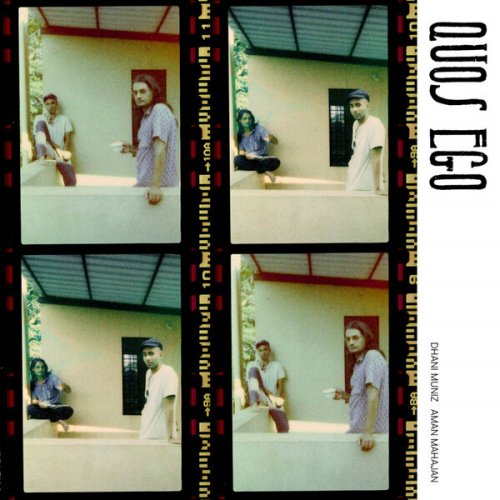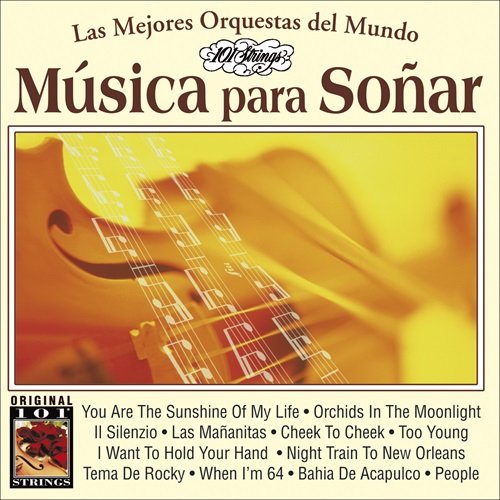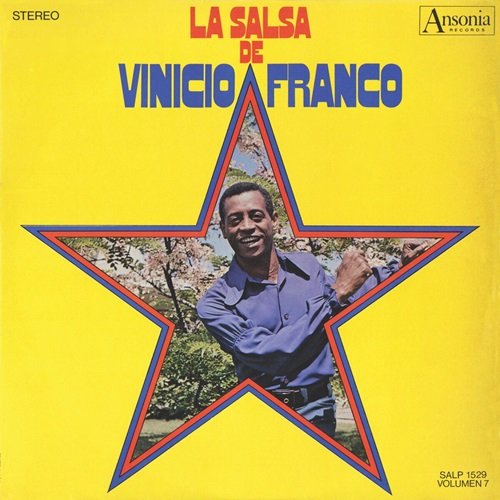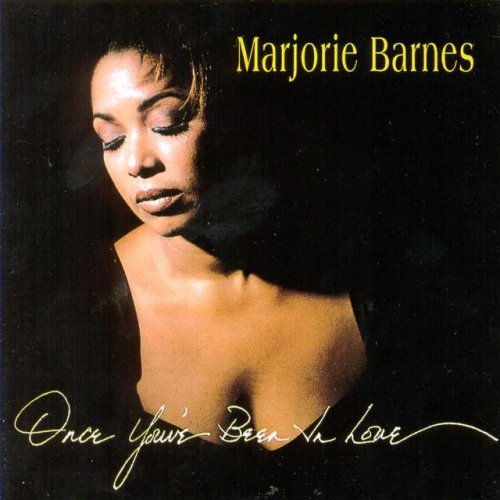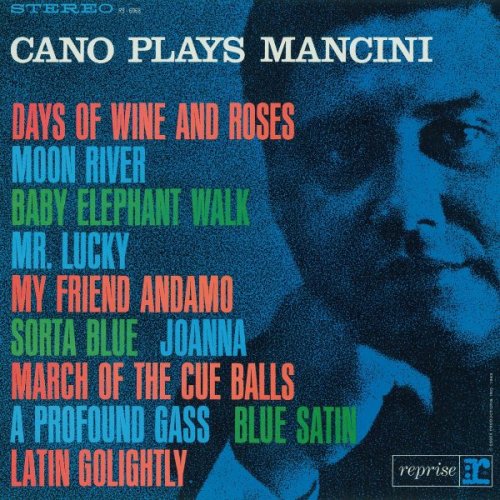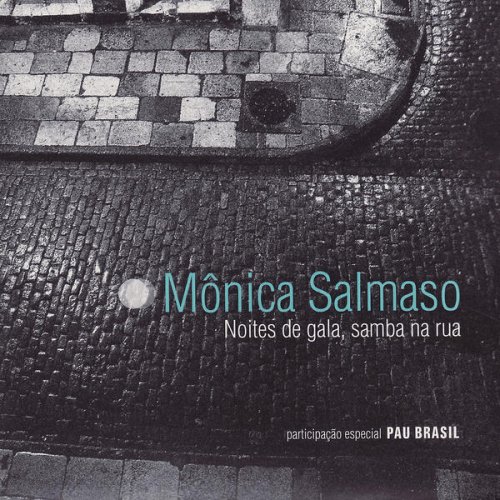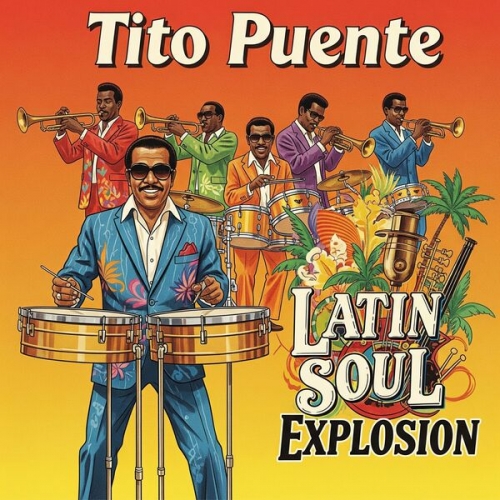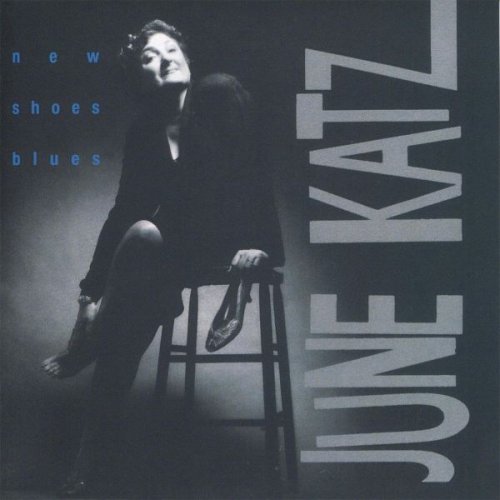Schola Gregoriana Scivias Ensemble, Malagoli Matteo, Ruvo Irene De & Fullin Milli - Early Neapolitan Cello Music (2021) [Hi-Res]
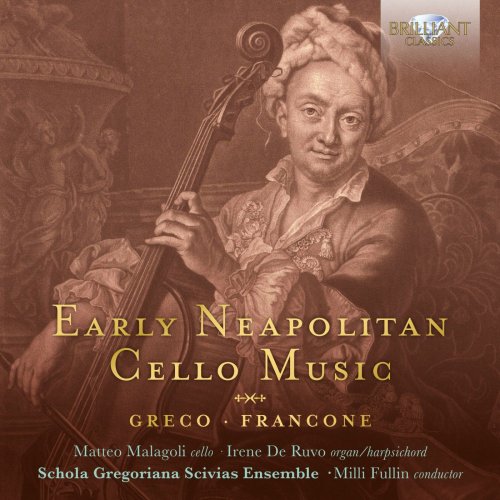
Artist: Schola Gregoriana Scivias Ensemble, Malagoli Matteo, Ruvo Irene De, Fullin Milli
Title: Early Neapolitan Cello Music
Year Of Release: 2021
Label: Brilliant Classics
Genre: Classical
Quality: flac lossless / flac 24bits - 88.2kHz +Booklet
Total Time: 01:05:13
Total Size: 318 mb / 1.06 gb
WebSite: Album Preview
TracklistTitle: Early Neapolitan Cello Music
Year Of Release: 2021
Label: Brilliant Classics
Genre: Classical
Quality: flac lossless / flac 24bits - 88.2kHz +Booklet
Total Time: 01:05:13
Total Size: 318 mb / 1.06 gb
WebSite: Album Preview
01. Viri galilaei: I. Gregorian antiphoni
02. Viri galilaei: II. Cello diminutioni
03. Loquebantur: I. Gregorian antiphoni
04. Loquebantur: II. Cello diminutioni
05. Miserator dominus: I. Gregorian antiphoni
06. Miserator dominus: II. Cello diminutioni
07. Dum esset rex: I. Gregorian antiphoni
08. Dum esset rex: II. Cello diminutioni
09. Veni sponsa: I. Gregorian antiphoni
10. Veni sponsa: II. Cello dimiunutioni
11. Ecce sacerdos magnus: I. Gregorian antiphoni
12. Ecce sacerdos magnus: II. Cello diminutioni
13. Non est inventus: I. Gregorian antiphoni
14. Non est inventus: II. Cello diminutioni
15. Sacerdos dei: I. Gregorian Responsoriumi
16. Sacerdos dei: II. Cello diminutioni
17. Domus mea: I. Gregorian antiphoni
18. Domus mea: II. Cello diminutioni
19. Fidelis servus: I. Gregorian antiphoni
20. Fidelis servus: II. Cello diminutioni
21. Veni electa mea: I. Gregorian antiphoni
22. Veni electa mea: II. Cello dimiunutioni
23. Passagagli No. 1 in G Minor/Majori
24. Passagagli No. 2 in A Majori
25. Passagagli No. 3 in B Minori
26. Passagagli No. 4 in C Majori
27. Passagagli No. 5 in D Minori
28. Passagagli No. 6 in E Minori
29. Passagagli No. 7 in F Majori
30. Passagagli No. 8 in G Majori
31. Passagagli No. 9 in B Majori
32. Passagagli No. 10 in F Majori
World-premiere recordings of some of the oldest surviving cello repertoire.
The cello was a beneficiary of the remarkable flowering of high culture sponsored by both ecclesiastical and aristocratic patrons in early 18th-century Naples. In 1717, Rocco Greco (1650-1718) became the last appointed player of the viola da gamba in the Royal Chapel dedicated to the treasure of St Januarius, the patron saint of Naples. Both Greco and his colleague Gaetano Francone (c.1650-1717) produced new music for the cello which was suitable for performance within the liturgy of the chapel.
Rather as composers of alternatim organ masses wrote elaborations of chant for the organ to be played between the chanted verses of the liturgy, so Greco composed 11 virtuosic ‘diminutions’ which were elaborated from the bass part of vocal motets setting Vespers texts. In performing the diminutions, Malagoli prefaces them with a chanted version of the Gregorian antiphon on which the motets were based.
The resulting sound is an Italian-accented equivalent to the viol ‘divisions’ which English composers such as Locke and Simpson were producing at this point. Both lively and melancholic in mood according to the key signature, these brief Diminutions and Passagagli both demand a virtuoso technique from the performer and a degree of imaginative flair in the interpretation of the manuscripts. Matteo Malagoli’s world-premiere recordings satisfy both criteria.
As a gambist and cellist, Malagoli has explored the history of bass string instruments for several decades, both in solo recitals and as a chamber musician and a continuo accompanist to several renowned Italian early-music groups. He is ideally placed to bring unrivalled authenticity and style to these new discoveries, which place the cello in an unusual context of sacred music and brings two significant Neapolitan composers to light: an essential album for all early-music enthusiasts.
Throughout the 17th and 18th centuries, hundreds of churches and religious houses across Naples employed musicians, singers and instrument makers. They competed with one another to present the most stylish or lavish music for liturgical use. One of the new instruments introduced in the Church was the Violoncello.
Rocco Greco and his colleague Gaetano Francone produced new music for the cello which was suitable for performance within the liturgy of the chapel. Rather as composers of alternatim organ masses wrote elaborations of chant for the organ to be played between the chanted verses of the liturgy, so Greco composed 11 virtuosic ‘diminutions’ which were elaborated from the bass part of vocal motets setting Vespers texts. In the present recording the diminutions are prefaced with a chanted version of the Gregorian antiphon on which the motets were based. Francone, meanwhile, composed a collection of 10 short Passagagli. The ten pieces, based on the passacaglia bass pattern, are written for cello and basso continuo.
Italian cellist and musicologist Matteo Malagoli specializes in little-known 19th-century repertoire, having also published research on British and Italian organs and the era of Italian Baroque music between the gamba and the cello.
![Mammal Hands - Circadia (2026) [Hi-Res] Mammal Hands - Circadia (2026) [Hi-Res]](https://www.dibpic.com/uploads/posts/2026-02/1771945393_folder.jpg)
